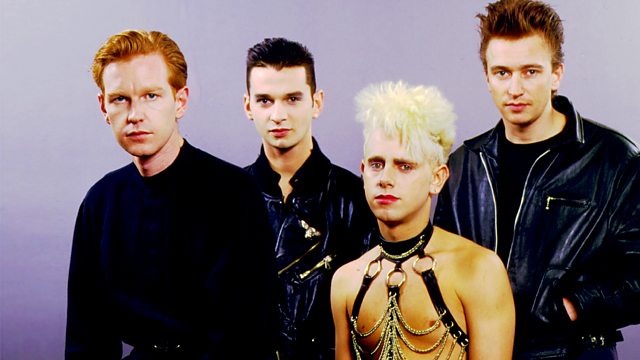 Tell Me That You Like Me On his 1986 single “Higher Love,” Steve Winwood enlisted Chaka Khan
to repeat the song's chorus on an extended coda. Winwood was generally
considered one of the best of the British white blues singers, but asking Chaka
to follow him was a terrible idea: She cleaned his clock, making him sound
reedy and shallow with her effortless power. I used to sit through that whole
song just waiting for Chaka to blow that skinny white boy away. Nobody upstages
Chaka Khan.
Tell Me That You Like Me On his 1986 single “Higher Love,” Steve Winwood enlisted Chaka Khan
to repeat the song's chorus on an extended coda. Winwood was generally
considered one of the best of the British white blues singers, but asking Chaka
to follow him was a terrible idea: She cleaned his clock, making him sound
reedy and shallow with her effortless power. I used to sit through that whole
song just waiting for Chaka to blow that skinny white boy away. Nobody upstages
Chaka Khan.
Chaka Khan was just 33 at that point, but she was a veteran of
the R&B wars, having assumed the lead vocalist spot with Rufus in 1972 at
the tender age of 18. (She had already been in the Black Panthers by that
point, and gotten married.) Her first chart success with the band was the
classic “Tell Me Something Good,” written and produced by Stevie Wonder, from
1973, and almost from that moment on, there was talk of Chaka going solo. The
nomination under consideration today is for “Rufus Featuring Chaka Khan,” but
clearly we are intended to include her own body of work as well as Rufus (or
Ask Rufus, as they were initially known, after the advice column in Mechanics
Illustrated).
Khan held on with Rufus through nine albums and 13 Top Forty
hits (there were also three non-Khan Rufus albums, all of which stiffed),
culminating in the dazzling farewell single “Ain’t Nobody,” from 1983, which
set the template for ‘80s dance records. She then immediately hit big with “I
Feel for You,” written and produced by Prince, with a harmonica solo from her
old benefactor Stevie Wonder and an introductory rap from Melle Mel. The
personnel listing alone confirms Chaka Khan as R&B royalty.
Chaka wrote Rufus’ “Sweet
Thing” with guitarist Tony Maiden, taking it to the Top Five in 1975, then sang
on Quincy Jones' "I'll Be Good to You," in 1989. All in all, her
hitmaking career spanned nearly 25 years, and all the hits are indelible,
holding up very well.
Let Me Rock You, That's All I Want to Do When
I was compiling my framework for how to think about each vote, I realized that
in a Rock & Roll Hall of Fame, coolness is the paramount virtue. Nobody was
cooler than Chaka Khan. Just think about that name, one of the great names in rock &
roll: distinctive but not jokey, heavily rhythmic, exotic without being
entirely foreign. These things matter. It’s not even completely made up, since
the former Yvette Stevens adopted it upon marrying her first husband, bassist
Hassan Khan.
Chaka Khan and Rufus have been on the ballot before, and
fallen short; I don’t know if there will be another go-round for either. The
time to vote for her is now. I vote yes for Rufus Featuring Chaka Khan.







